Intended Audience: Addiction Medicine Physicians
Learning Objectives: Upon completion of this program, participants should be able to:
- Describe the effects of alcohol, tobacco and other drugs in both tolerant and non-tolerant individuals.
- Demonstrate practical knowledge the neurobiology of addiction and articulate its activity in terms useful in a clinical setting.
- Describe the process for diagnosing addiction and differentiating the symptoms of addiction from those of other medical or psychiatric disorders.
- Explain the various pharmacologic and psychosocial treatments for addictive disorders, and describe the factors that should be considered in selecting a treatment modality to match a particular patient’s needs.
- Describe the precipitants of relapse and current evidence-based practices to prevent and manage relapse.
Accreditation Statement:
This activity has been planned and implemented in accordance with the Essentials and Standards of the Accreditation Council for Continuing Medical Education (ACCME) through the joint sponsorship of Peerpoint Medical Education Institute and American Physician Institute for Advanced Professional Studies, LLC. Peerpoint Medical Education Institute is accredited by the ACCME to sponsor continuing medical education for physicians.
The American Board of Psychiatry and Neurology has reviewed the Addiction Medicine Review and has approved this program as a part of a comprehensive Self-Assessment Program, which is mandated by the ABMS as a necessary component of Maintenance of Certification.
Designation Statement:
Online Course v2.1, Release Date July 15, 2018, Termination Date July 15, 2021:
The PeerPoint Medical Education Institute designates this enduring material for a maximum of 59 AMA PRA Category 1 Credits™ including 24 Self-Assessment Category 1 Credits. Physicians should claim only the credit commensurate with the extent of their participation in the activity.
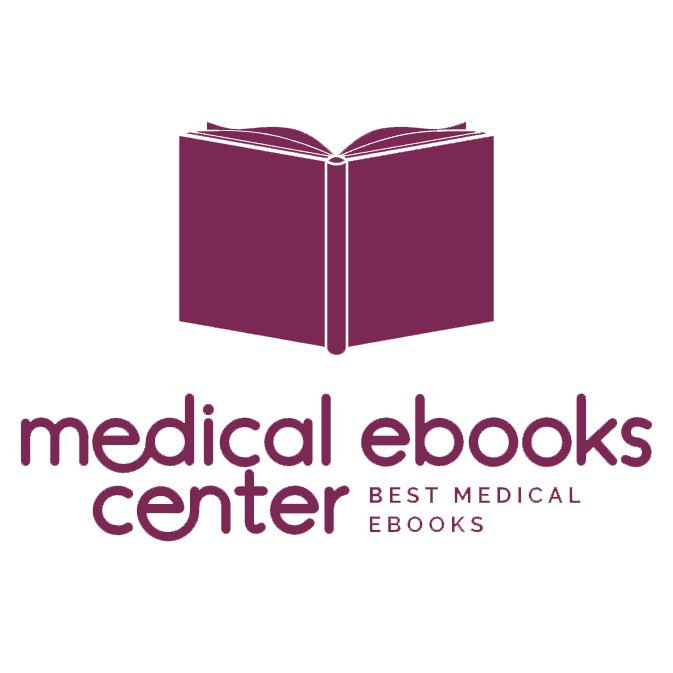
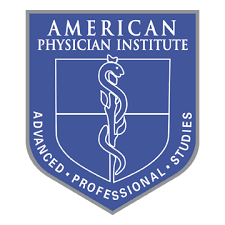
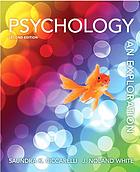
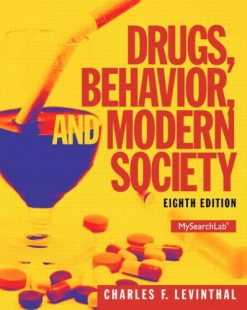
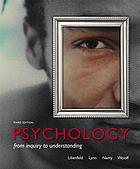
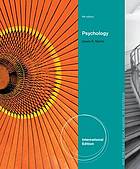

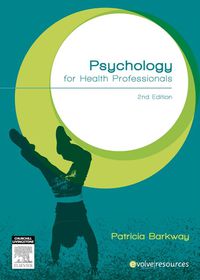
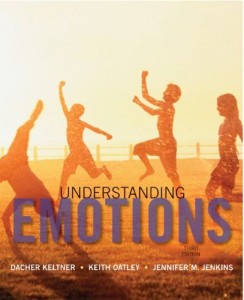
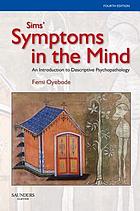
Reviews
There are no reviews yet.